
- Article
- Article
The shocking ‘treatment’ to make lesbians straight
Being a lesbian has never been a crime in the UK, but 50 years ago, some psychologists experimented with treatments to try to ‘cure’ women of their orientation. Find out what this involved.

- Article
- Article
Pain and the power of activism
Today, women with endometriosis have more access to better information than ever before. Jaipreet Virdi applauds the shared stories, online communities and self-help books empowering women in pain.

- Article
- Article
How music opens the doors of memory and the mind
People living with dementia can often still listen, perform or move to music. What does this tell us about how memories are formed?

- Article
- Article
Paris Morgue and a public spectacle of death
Known as the “only free theatre in Paris”, La Morgue was a popular place for the public to view cadavers on display.

- Article
- Article
Cocaine, the Victorian wonder drug
Today, cocaine has a very poor public image as one of the causes of crime and violence. But for the Victorians it was welcomed as the saviour of modern surgery.
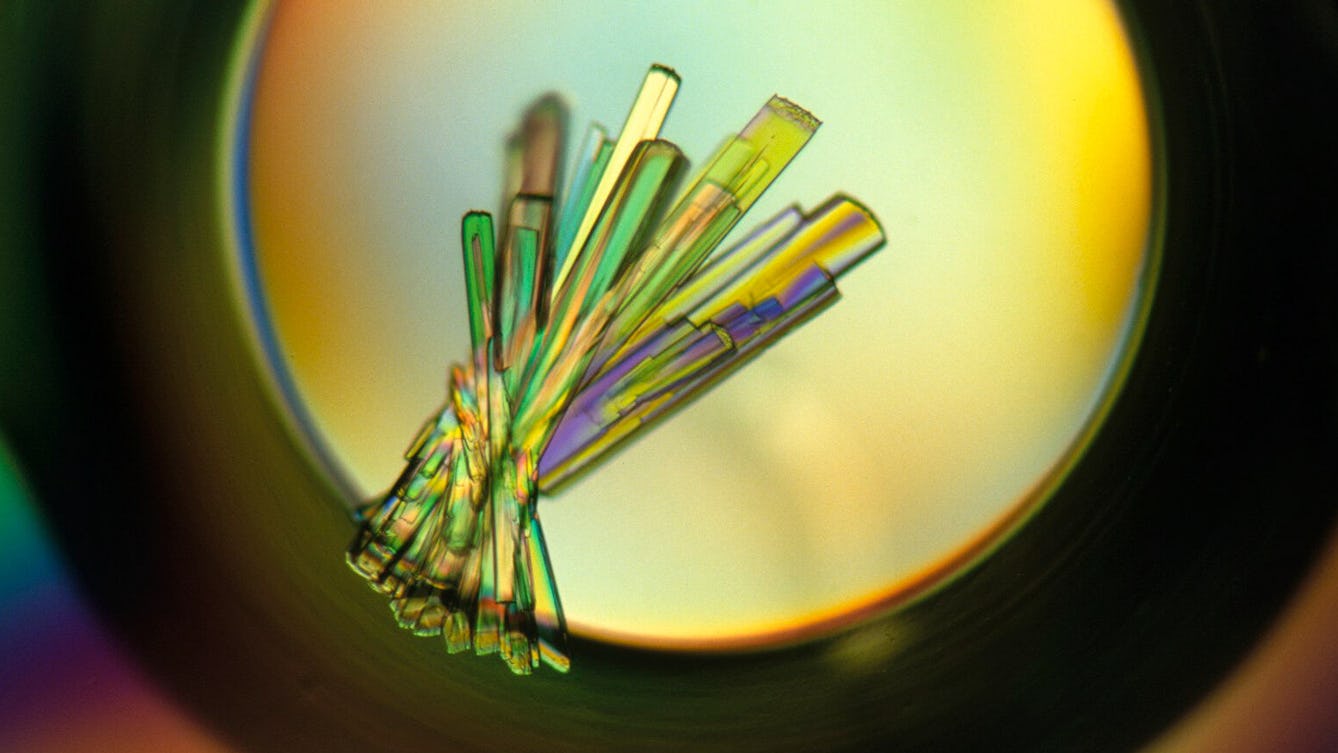
- Article
- Article
Why gene editing can never eliminate disability
In a world where DNA testing and gene editing offer ways to eliminate certain disabilities, Jaipreet Virdi explores a more accepting and inclusive approach.

- Article
- Article
Blood money: Taking periods out of poverty
Periods are not a wound that needs to heal, nor is the blood a sign of injury. So why are we still so repelled by them?
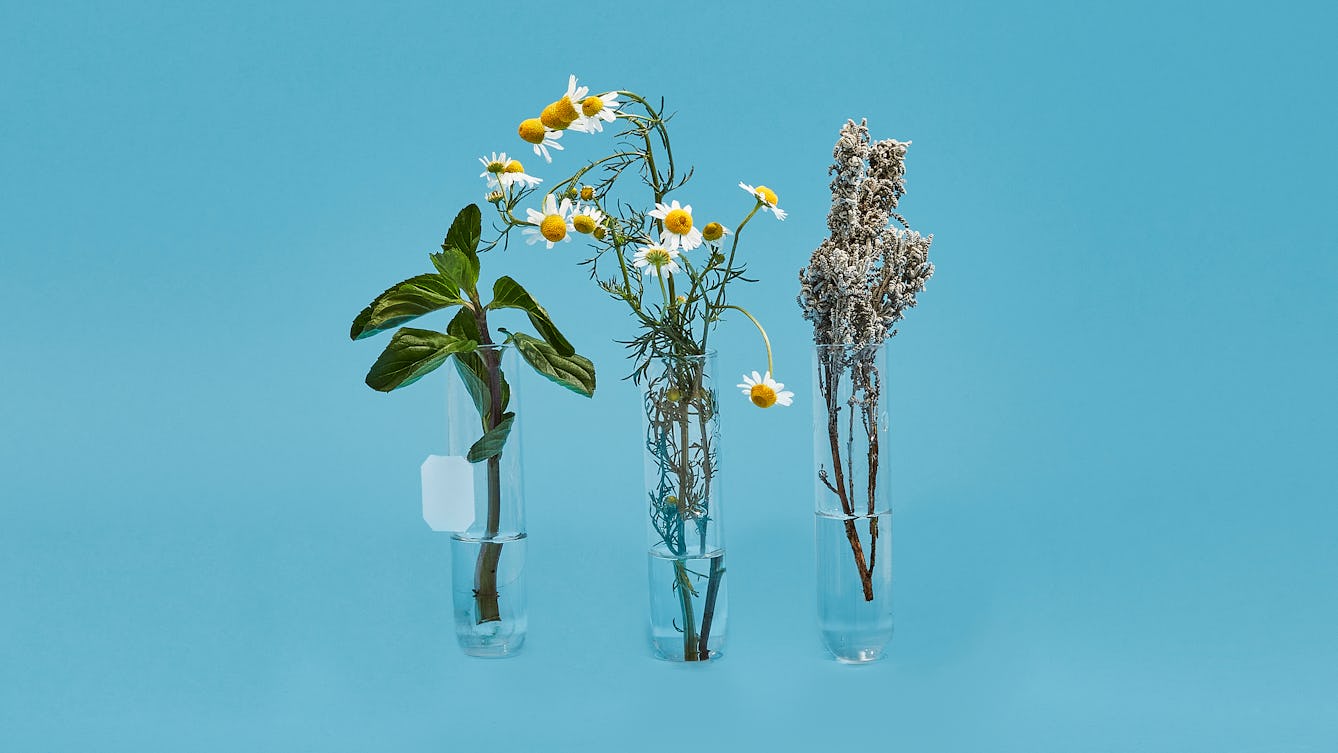
- Article
- Article
Love, longing and tea from the polski sklep
For people of Polish origin in the UK, herbal tea is closely tied to health and shared history. Kasia Tomasiewicz explores her changing relationship to these tea-related cultural habits.
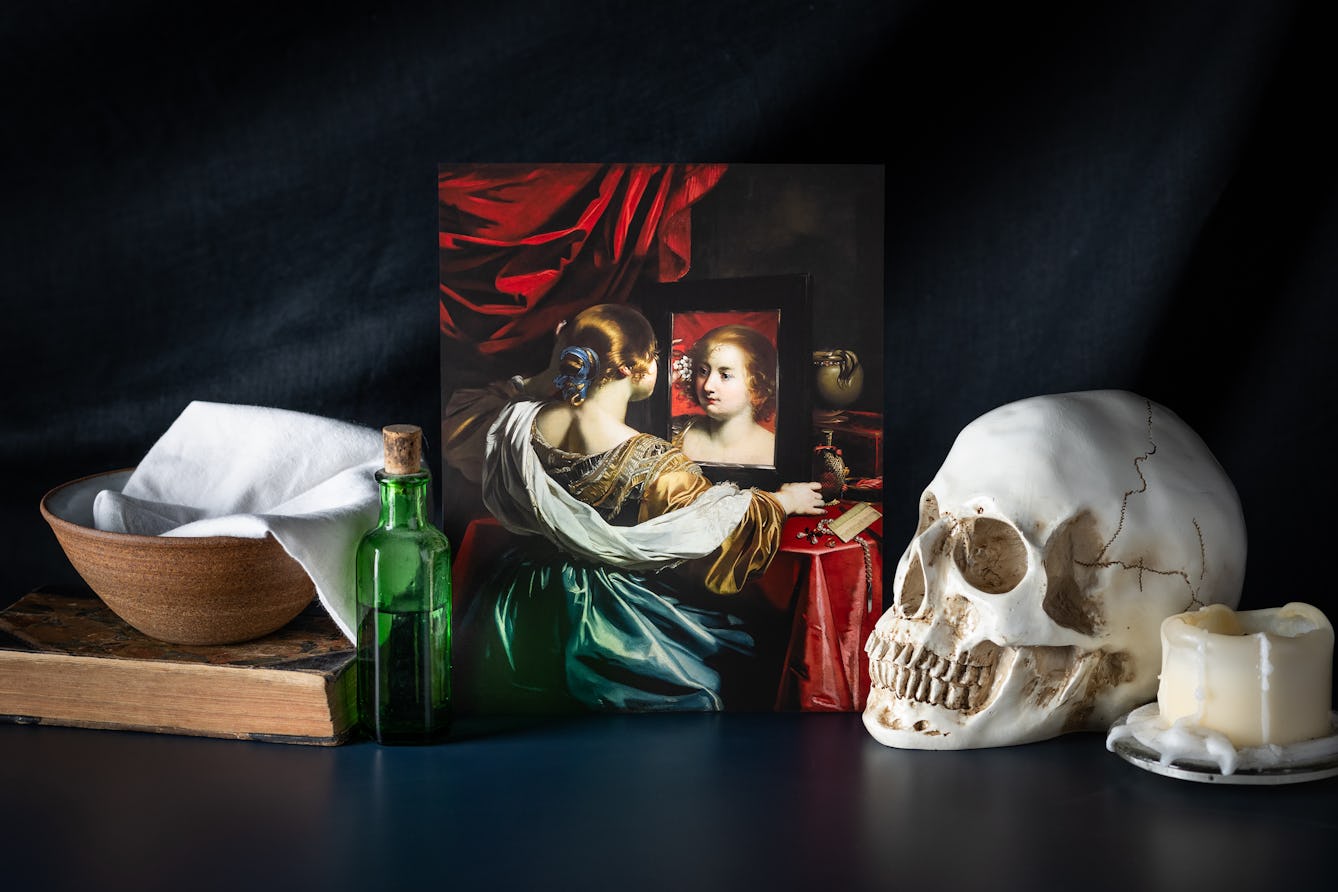
- Book extract
- Book extract
Renaissance women and their killer cosmetics
In this extract from ‘How to be a Renaissance Woman’, Jill Burke delves into a complex world of beauty products, poison and patriarchy – and reveals the impossible contradictions of femininity faced by 16th-century women.
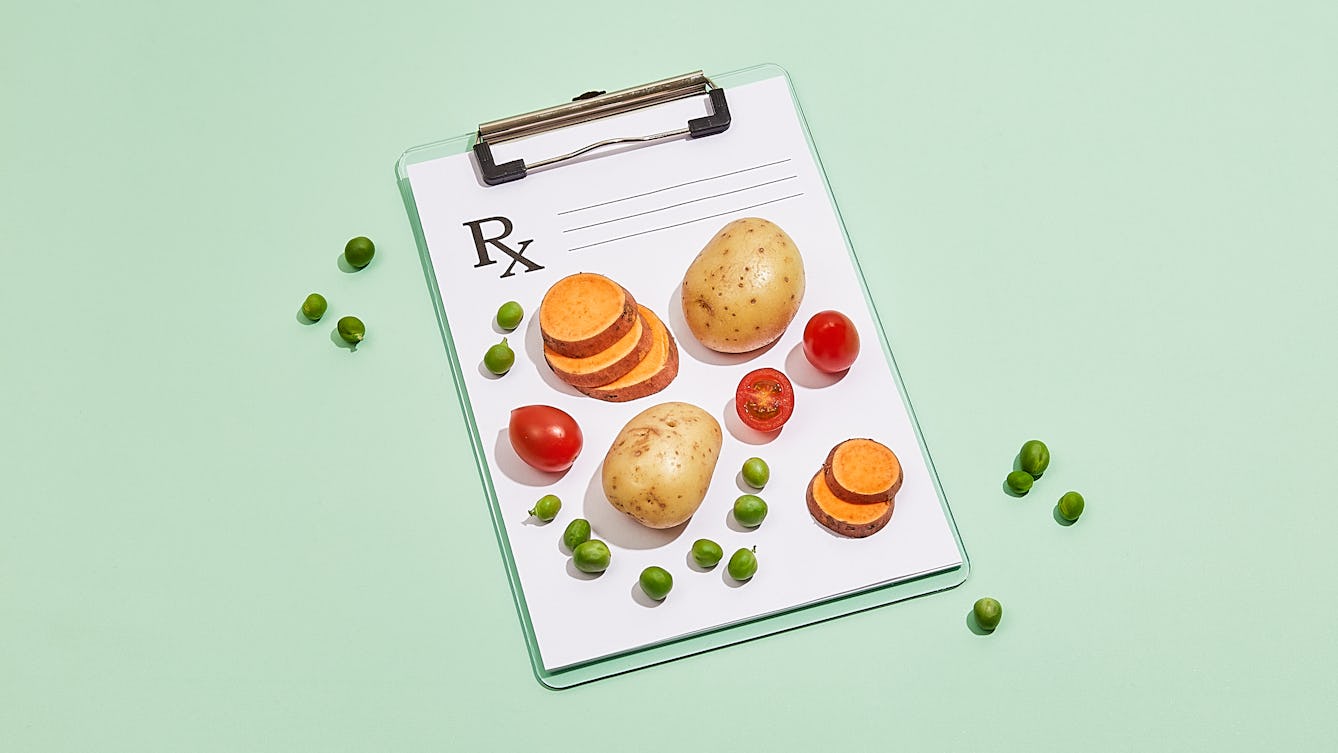
- Article
- Article
Natural eating in Jamaica and the Caribbean
Riaz Phillips is passionate about the Jamaican food he grew up with and plant-based Caribbean food he came to later, like roti, baiganee and vegan stews and curries. Here he explores the origins and surging popularity of these natural ‘health foods’.

- Article
- Article
Lindsey Fitzharris’s prescription for writing
The Wellcome Book Prize shortlisted author of ‘The Butchering Art’ answers five questions on health, inspiration and storytelling.
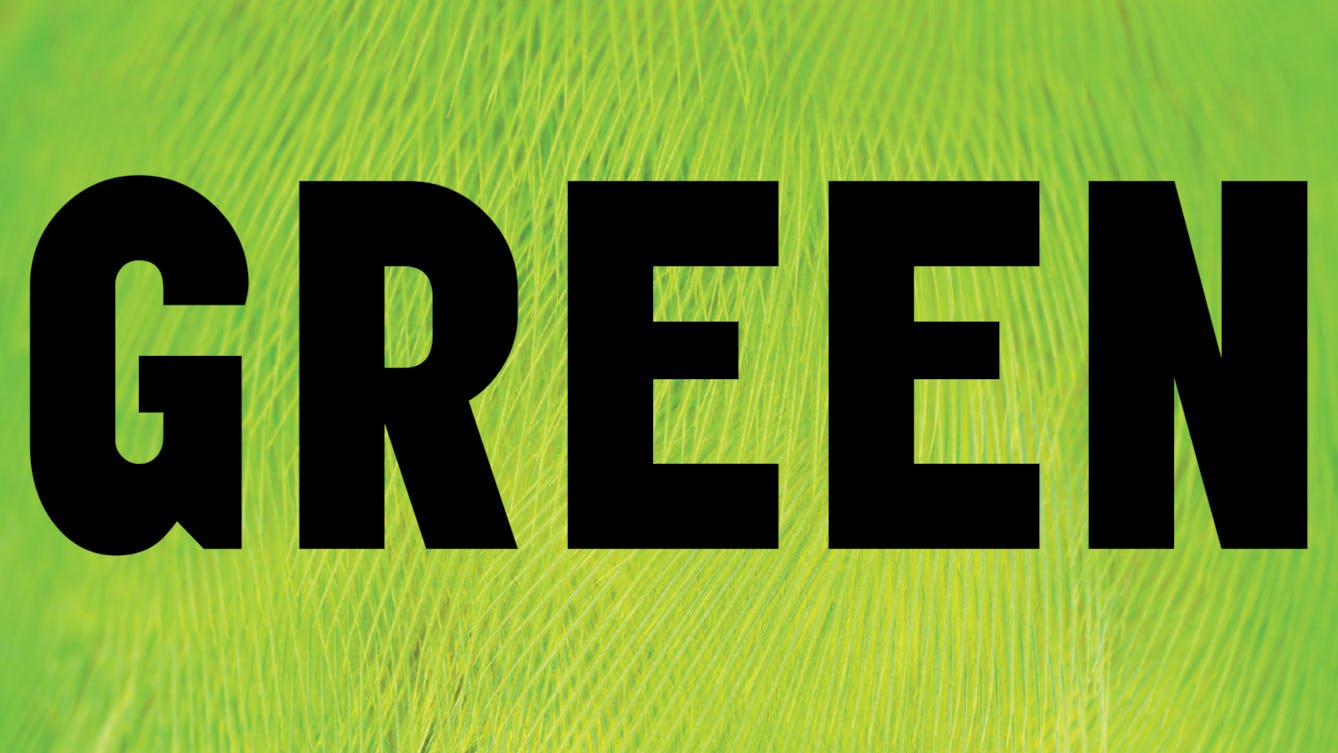
- Article
- Article
Sharing Nature: Parks for people
Paula Broom’s photograph of Sydney’s Centennial Park shows the complexity and joy we find in urban greenery.
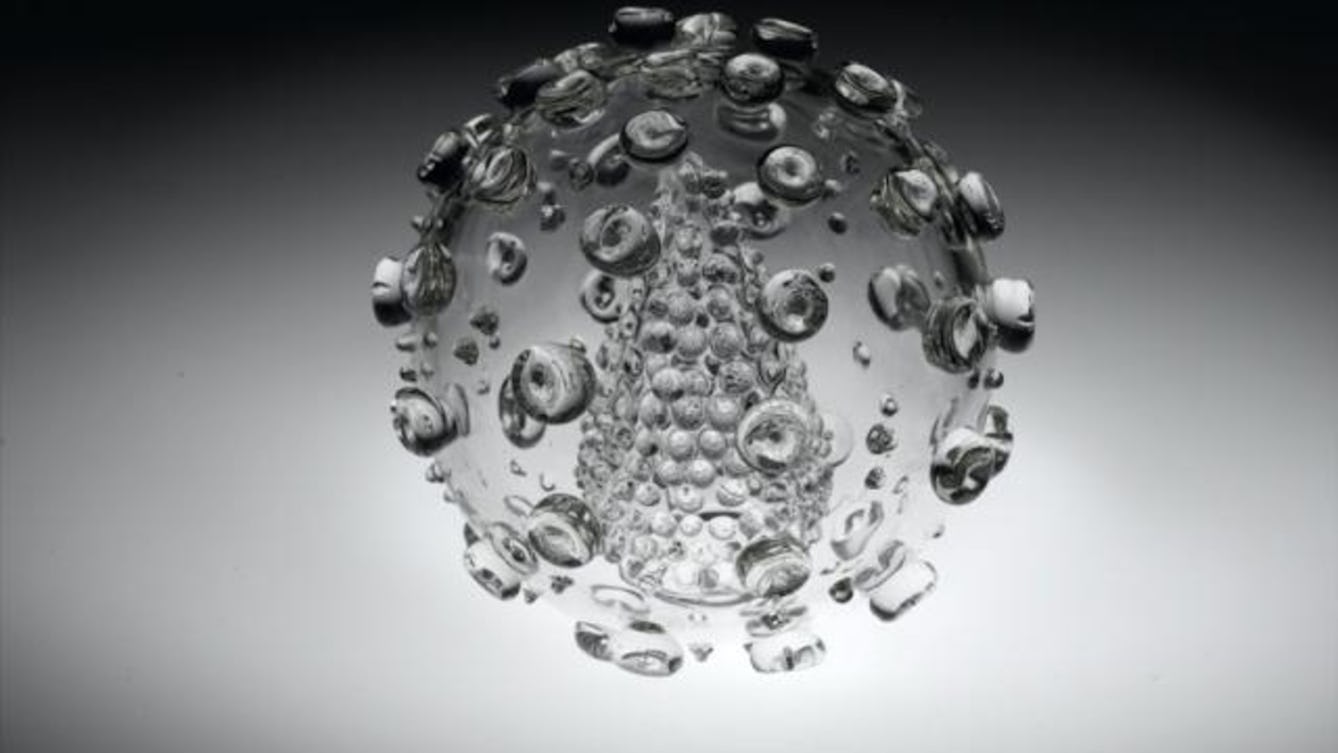
- Article
- Article
The relationship between science and art
Often seen as opposites, science and art both depend on observation and synthesis.

- Article
- Article
The enduring myth of the mad genius
There’s a fine line to tread between creativity and psychosis.

- Article
- Article
Getting under the skin
Before the invention of X-ray in 1895 there was really only one way to accurately study the human body, and that was to cut it open.
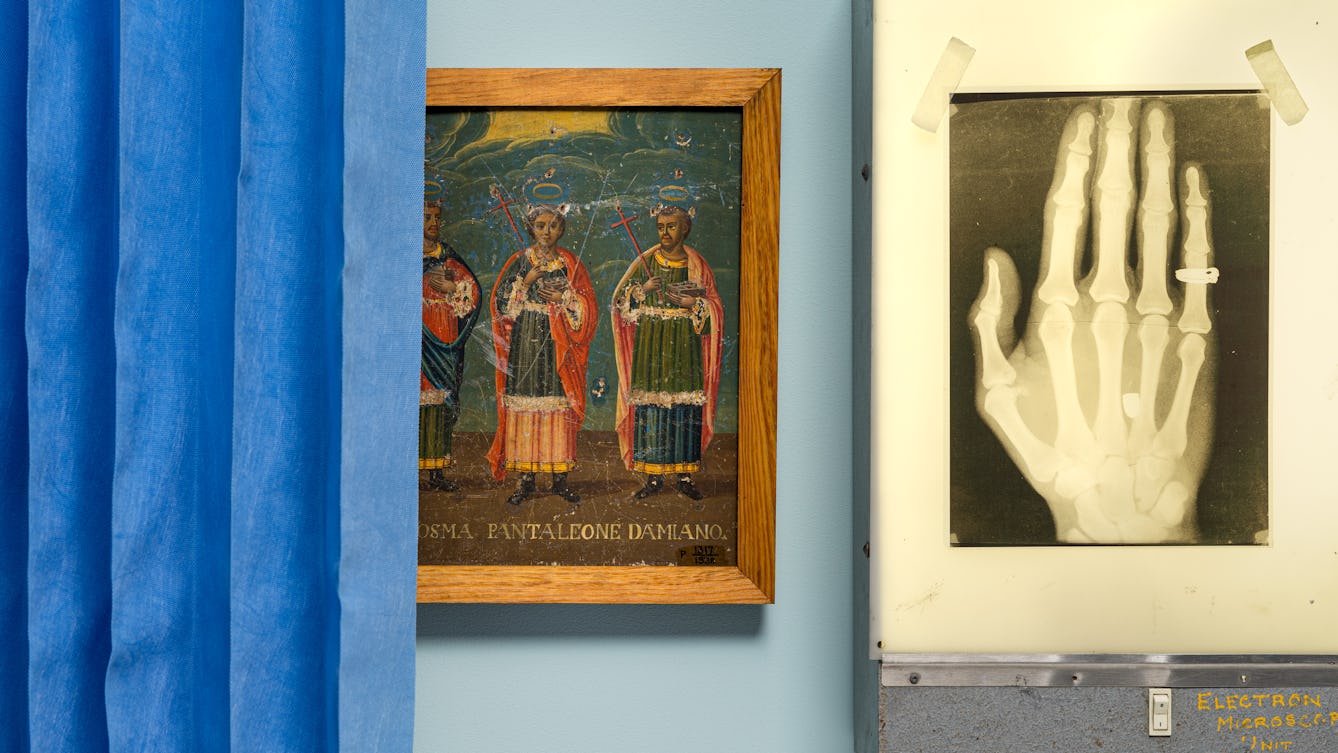
- Article
- Article
The ancient doctors who refused payment
The NHS might only be 70 years old, but the idea of free healthcare goes back to Ancient Greece, when devout doctors provided their services without charge.
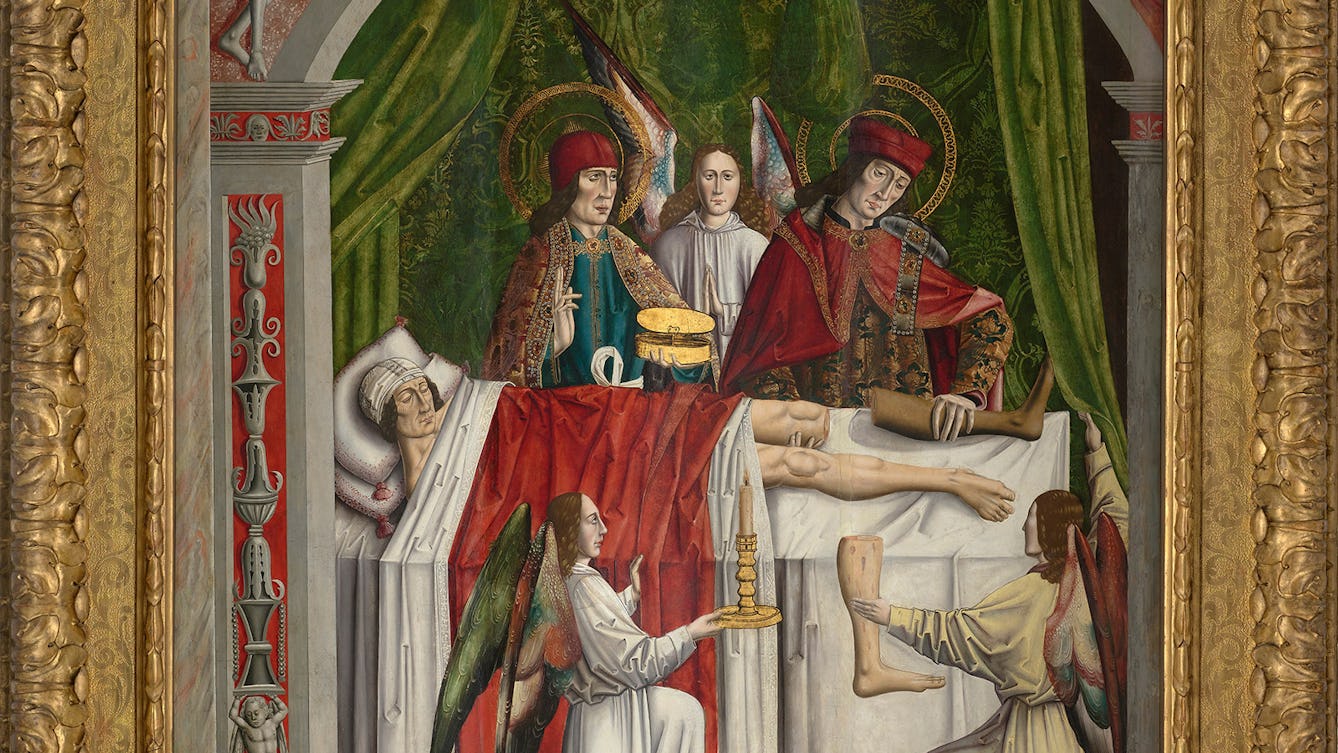
- Book extract
- Book extract
You, a thousand years ago
Jack Hartnell argues that, if we were transported into the medieval past, we’d find ourselves somewhere different yet strangely familiar.
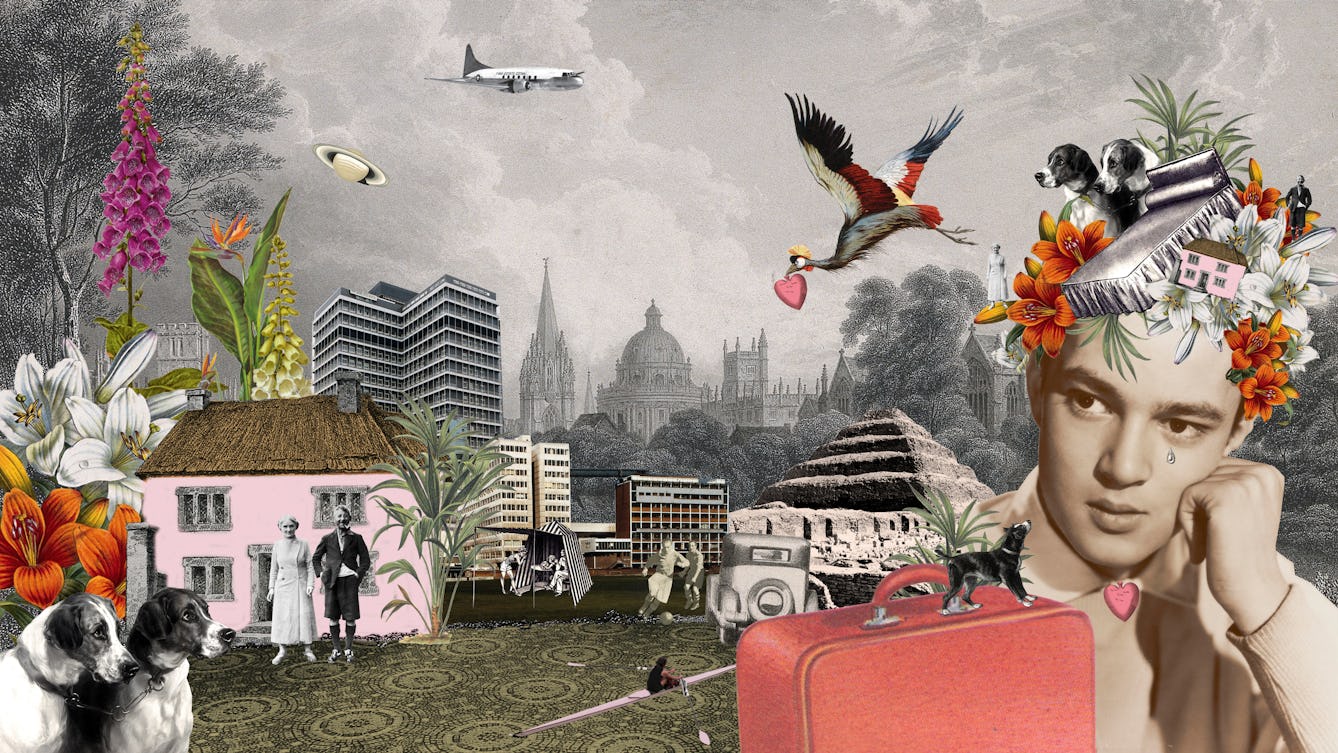
- Article
- Article
The complex longing for home
It could be mild, an almost poetic longing. Or it could be visceral, deep, an overwhelming feeling that eats into your everyday life. Come with Gail Tolley as she introduces a deep dive into homesickness.
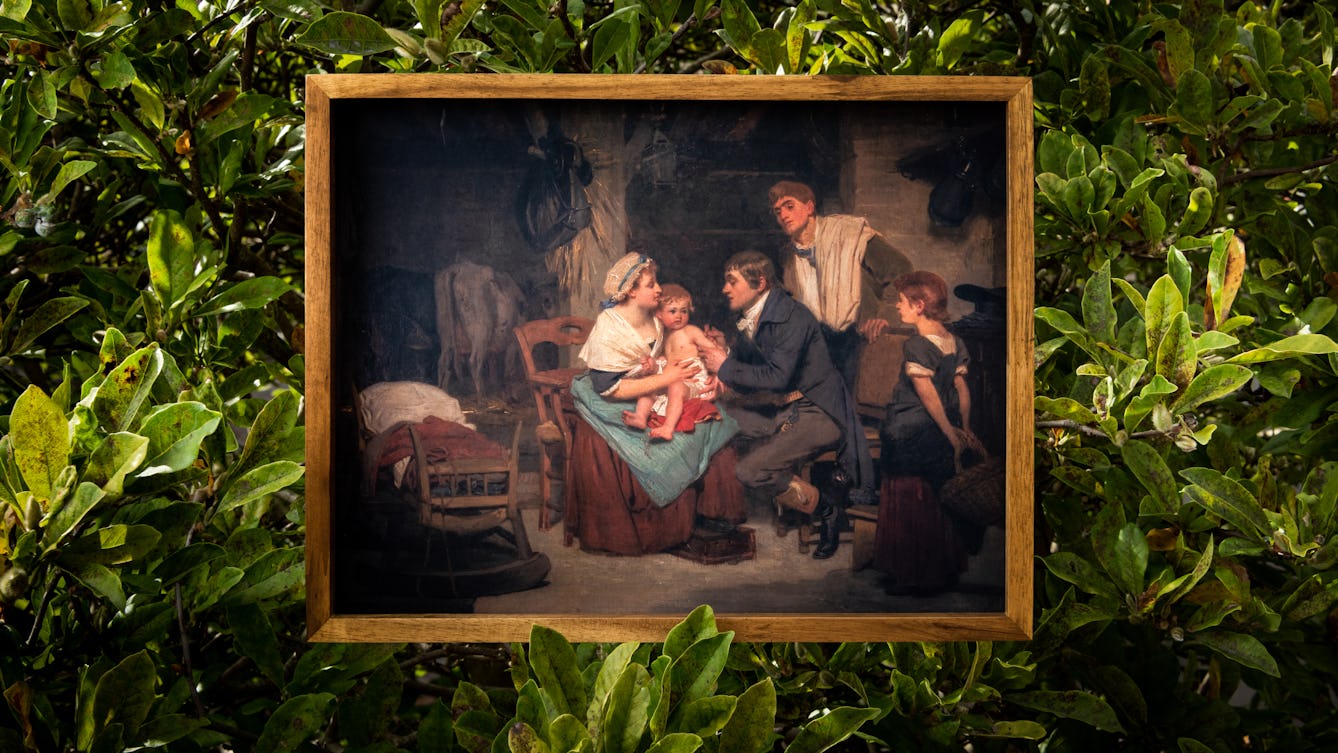
- Article
- Article
Cowpox, Covid-19 and Jenner’s vaccination legacy
The well-known story of vaccination pioneer Edward Jenner has at its heart his drive to make vaccines free of charge and available to all. Now his principles extend to the global campaign for a people’s patent-free vaccine for Covid-19.
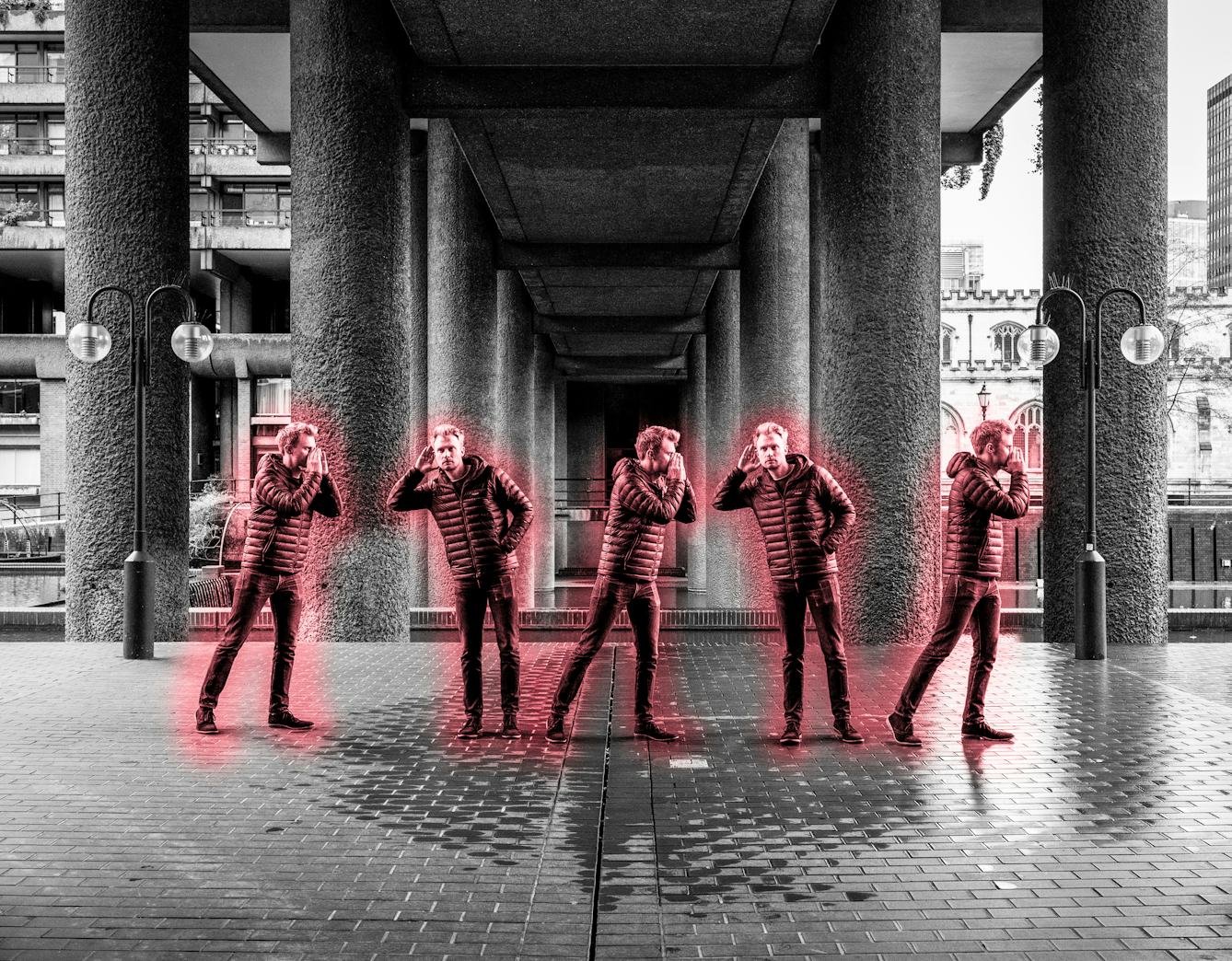
- Book extract
- Book extract
The science of why things spread
From deadly pandemics to viral tweets, Adam Kucharski explores what makes something contagious.
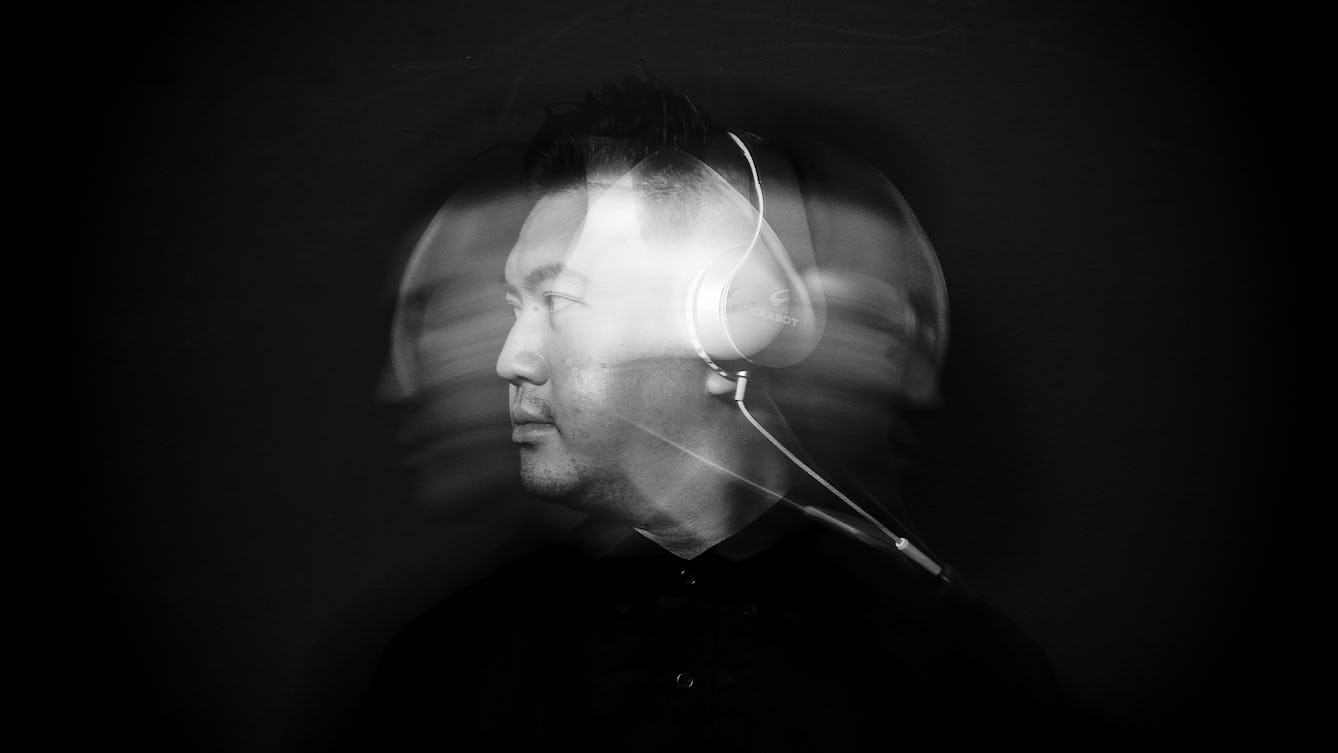
- Article
- Article
The sweet sound of synthetic speech
After Alex experienced a serious deterioration in his sight, he came to rely on artificial voices to help him with everyday tasks. Find out how synthetic speech came to be developed.

- Article
- Article
Dynamo on the past, present and future of magic
The magician takes a tour and shares stories of history and inspiration.
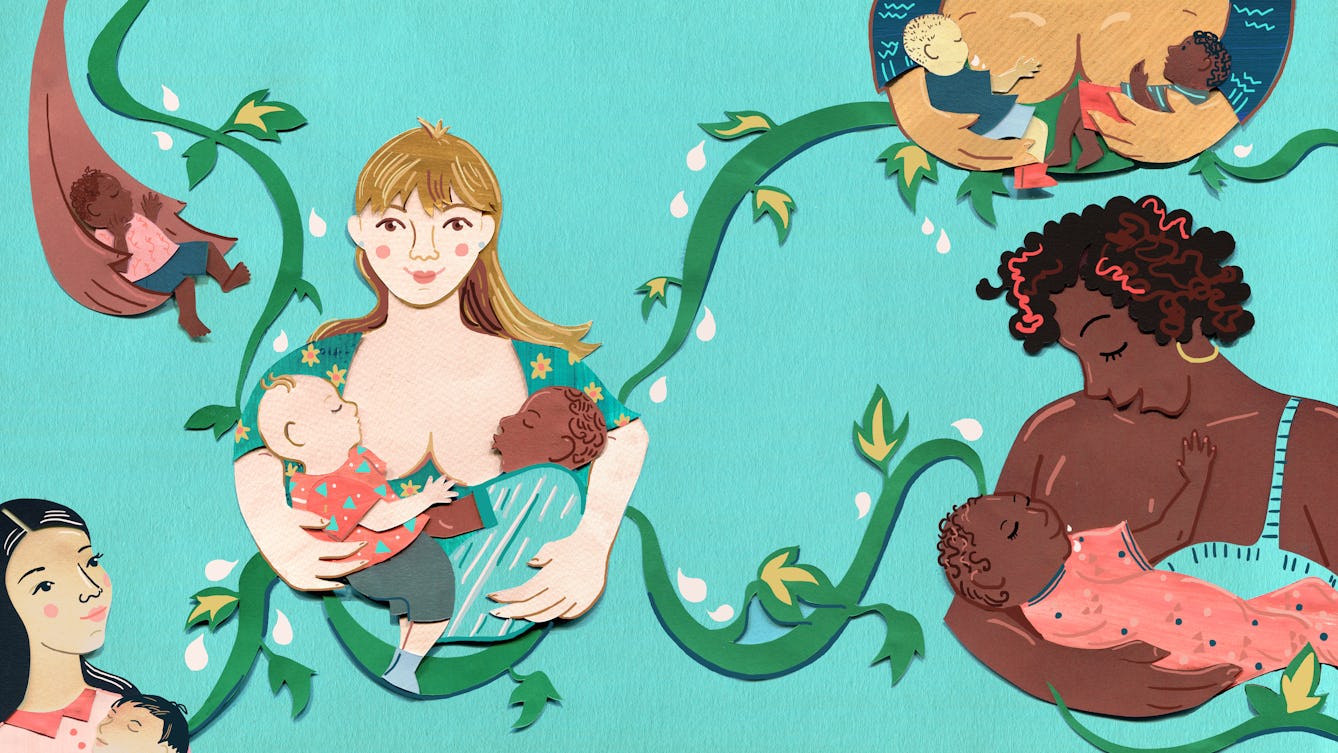
- Article
- Article
Communities of cross-feeders
A desire to help leads some women to “cross-feed” – breastfeed other parents’ babies for free. Alev Scott delves into the emotions behind this altruistic act.

- Article
- Article
To stop or stay on lithium
In the final part of her investigation into lithium, Laura Grace Simpkins faces a dilemma – should she put her own mental health or other people and the planet first?

- Article
- Article
Bloody capitalism and the cash flow of the menstrual cycle
Once they thrived on taboos and shame. Now period-product manufacturers are finding new ways to flourish in this era of period activism – but products aren’t the end of the story.